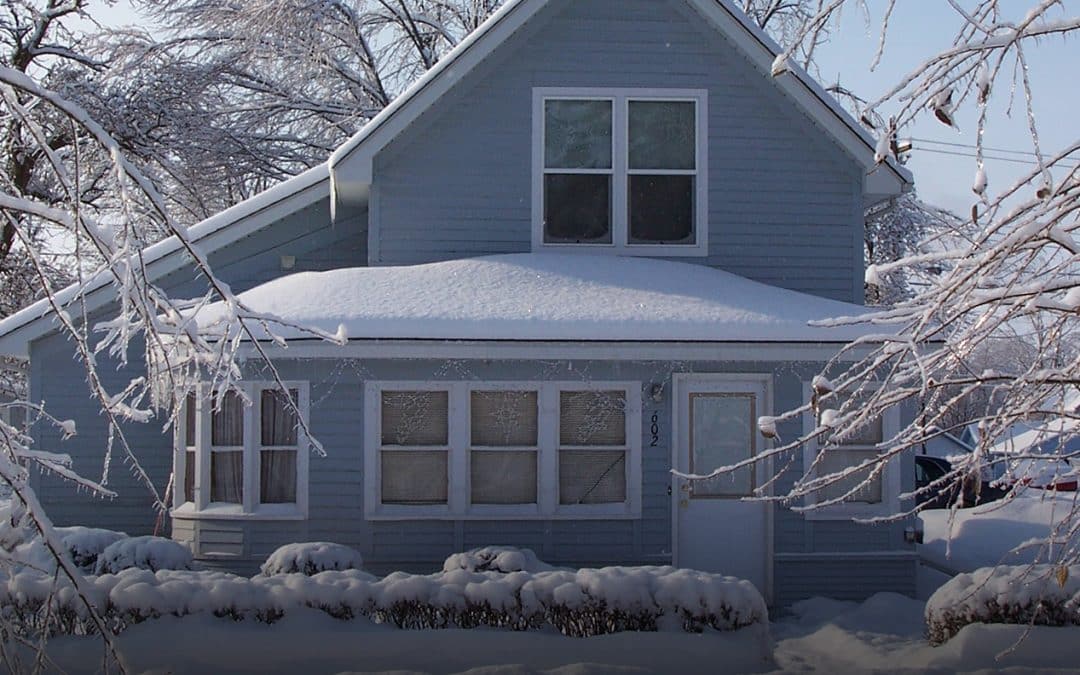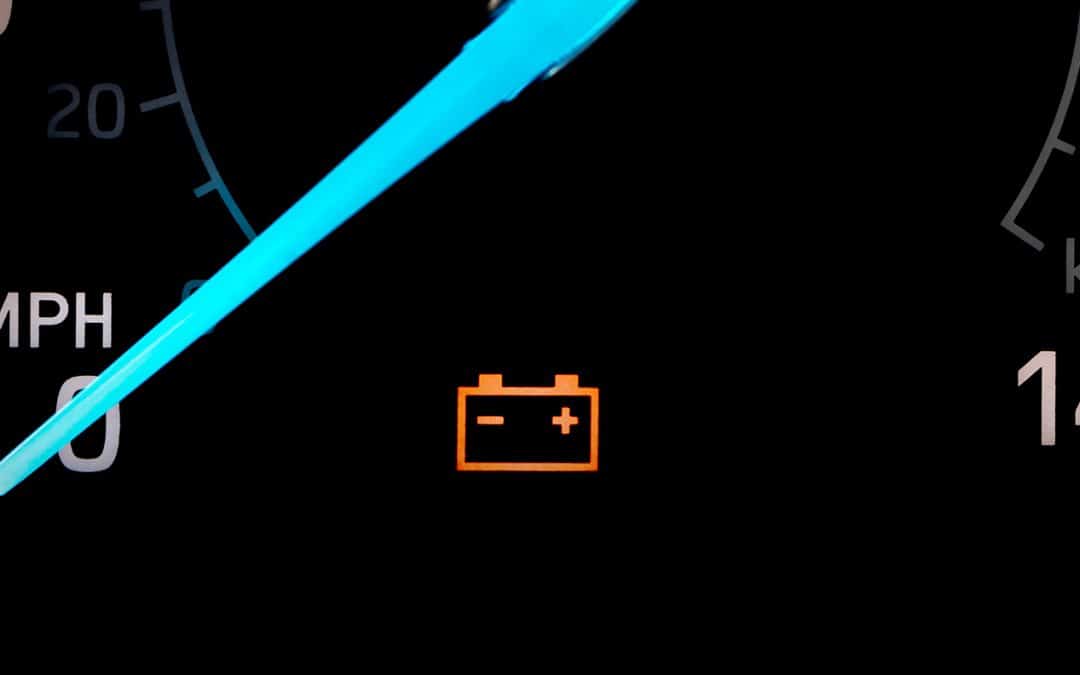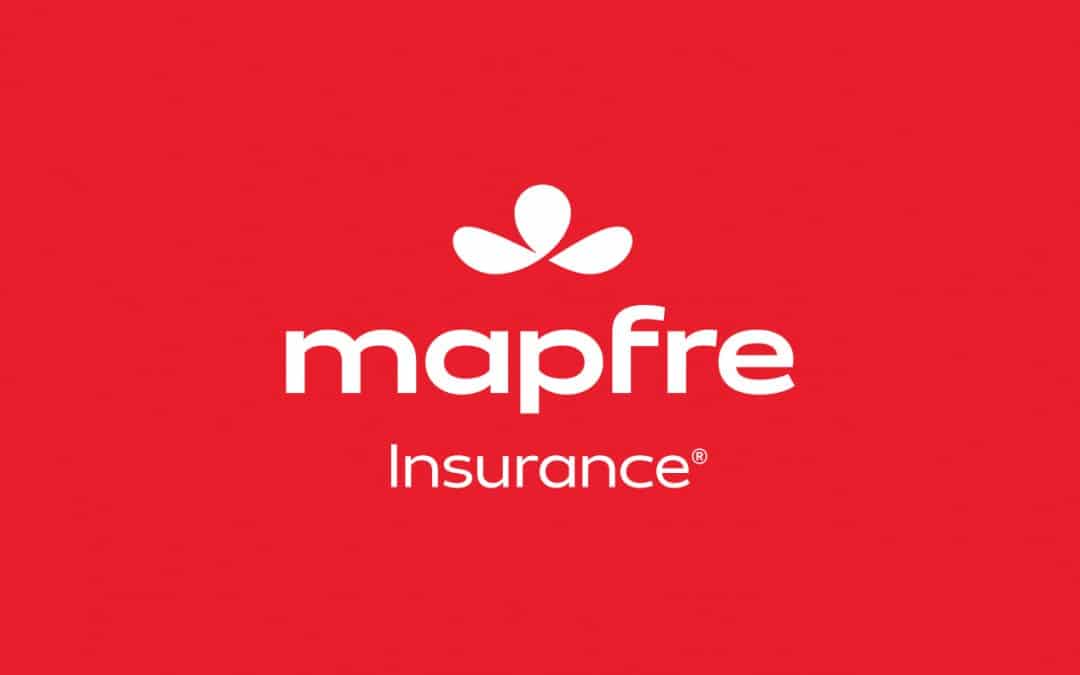There’s nothing cuter than seeing your pet wearing a holiday outfit or snapping a picture of them under the Christmas tree. But with all the excitement that comes with the holidays, it’s important to remember that your pet’s safety comes first.
Because of the many dangers your pets can get into in and around your home, consider these tips to keep your furry family members safe:
Holiday decoration dangers
While pretty, holiday decorations can be a danger to your pets. Both dogs and cats can knock over Christmas trees, so the tree should be anchored securely. Consider hanging breakable ornaments higher so that pets have more difficulty knocking them down.
Tinsel and garland placed on Christmas trees can also harm your pets. If a pet ingests either of these items, they could cause intestinal obstructions, leading to death.
If you have a real tree, pets must be kept away from the water in the tree stand – whether you use chemicals or plain water. Either can lead to vomiting and diarrhea.
Pine needles on real trees can also be an issue for your pets, so they should be cleaned up often. Needles can not only be toxic if ingested but can also cause intestinal obstructions if eaten.
The American Kennel Club suggests hanging bells on the lower branches to alert you when pets are near the tree.
Candles
Because pets can knock over candles, potentially starting a fire, keeping animals away from candles is essential.
Costumes
Many pet owners love to dress up their furry family members. But if you plan to have them wear a Santa suit or reindeer antlers, make sure your pets can move freely in their costumes and that nothing can choke or strangle them.
Toxic foods
Foods that humans can eat aren’t necessarily suitable for pets, especially during the holidays. Keep all trash covered so your pets can’t rummage through it. Food given as gifts should also not be placed under the tree, or anywhere an animal can get to them. Holiday foods your pets should not have include:
- Alcohol
- Candy
- Chocolate
- Chives
- Citrus and pits
- Coffee
- Bones
- Grapes
- Meat
- Nuts
- Onions
- Raisins
Toxic plants
It’s important to keep seasonal plants like poinsettias, mistletoe, holly, amaryllis, hibiscus, and ivy away from your pets, as many are toxic and can cause vomiting and diarrhea if ingested.
Seasonal hazards
Other seasonal items that must be kept away from your pets include fire starter logs. If your pet happens to chew on one of these, its stomach could become irritated due to the sawdust or paraffin the logs contain. Pets could also get an intestinal blockage.
If you live in a cold climate and need to keep your driveway and walkways clear of snow and ice, use kitty litter or pet-safe salt products to ensure tender paws are not burned by any harmful snow melting chemicals.
Traveling with pets
If you’re traveling by car with your pets during the holidays, there are many other precautions to take when on the road too. Before venturing out, ensure your pets are up to date on their vaccinations and check with the veterinarian to see if they can physically withstand an extended trip. If they’re good to go, bring copies of their health records along.
If you plan to leave your pets at home, choose a reputable sitter or kennel. They should still be up-to-date with their vaccinations and have identifications on their collars to identify them in case they get out of the house or if you need to be reached while gone.
To better protect your pet, MAPFRE’s Pet Injury coverage may be added to your auto policy, with up to $500 towards veterinary fees or replacement of your pet for a covered loss. Your independent agent can provide you with more information about this coverage option.
We hope we found these tips helpful for the holiday season! And if you’re not a MAPFRE customer yet, you can contact a local independent agent in your state or, if you are a Massachusetts resident, you can get a fast, free car insurance quote today to see how much you could save!



